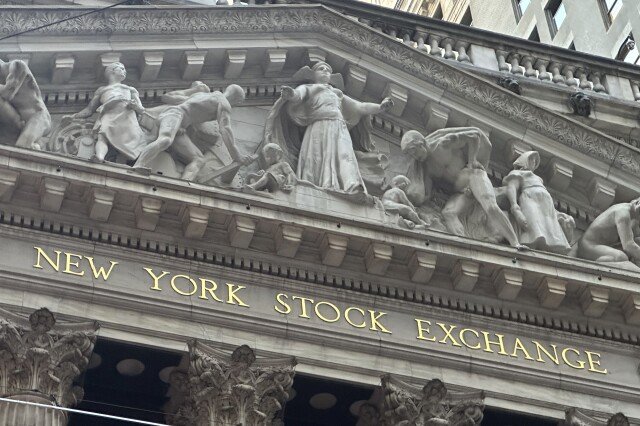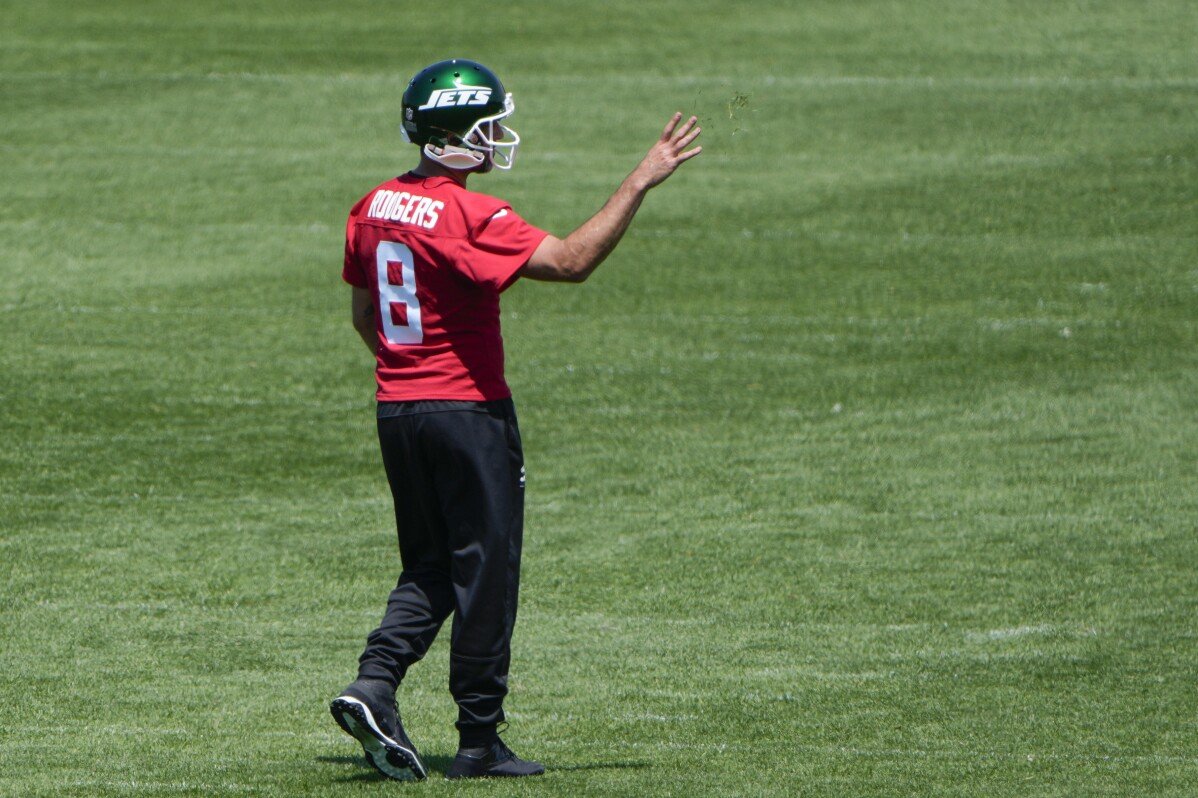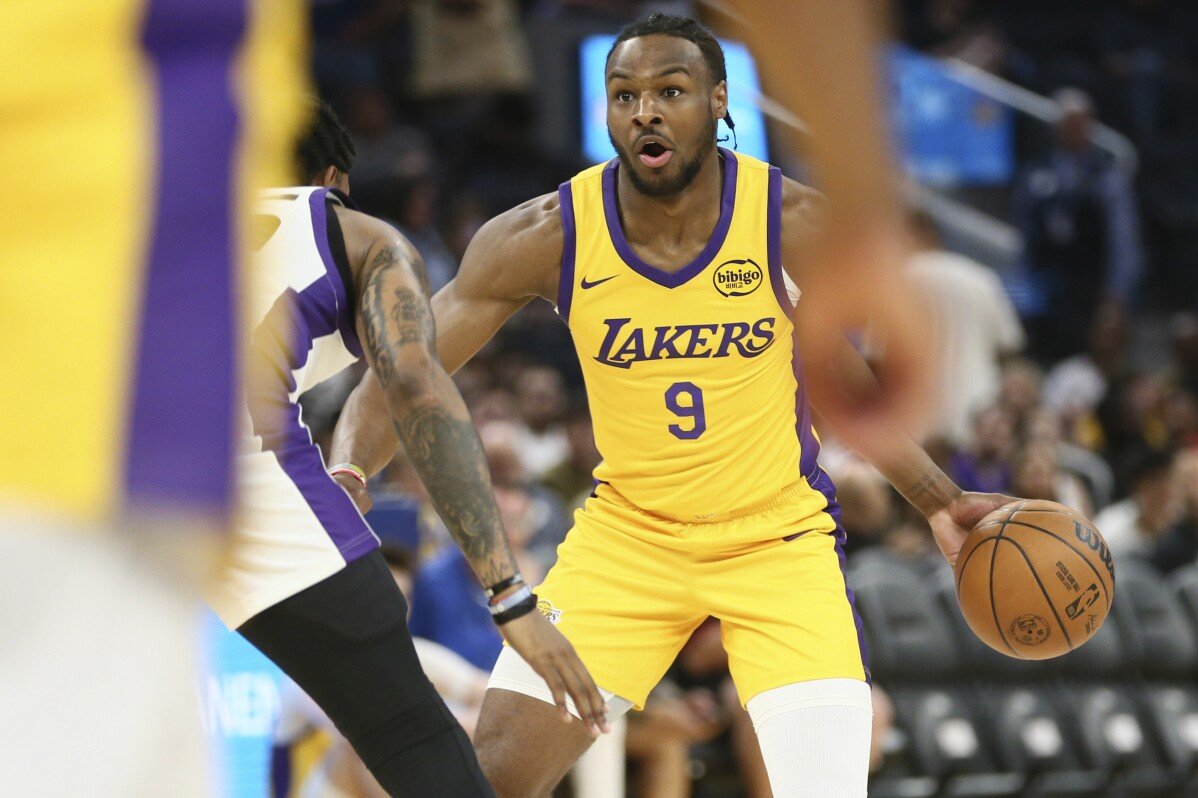
ニビディア、テスラなどのかつてのスーパースターたちの下落により、水曜日のウォール街は下落しました。
S&P 500は1.1%下落し、これまでの比較的落ち着いた取引のランを終了しました。 ダウは、午前中に230ポイント上昇した後、132ポイント(0.3%)下落しましたが、Big Techの弱さにより、ナスダック総合が2%の市場最大の下落に陥りました。
「素晴らしいセブン」として知られる主要株が、最近の売り込みの中心となっており、今月初めにはS & P 500が史上最高値から10%下落し、この2023年の最初の「修正」に陥っています。 Big Techは、人工知能技術をめぐる熱狂の中で過去数年間急上昇しており、批評家は彼らの株価が既に急速に成長している利益と比較して、速やかに上昇しました。
Nvidiaは6%下落し、今年初めの損失を15.5%に引き上げました。 それは、S&P 500で明らかに最も重い重さでした。
サーバービルダーのSuper Micro Computerなど、他のAI関連の株も弱く、AIデータセンターを電化しようとしている電力会社も含まれます。
テスラは、CEOのエロン・マスクに対する政治的な怒りから、電気自動車メーカーの売り上げに影響を及ぼすという懸念に直面しています。 テスラは5.6%下落し、2025年の損失を32.6%に広げました。
ウワイトハウスは午後になって、ドナルド・トランプ大統領が米国株式市場の取引終了後に自動車輸入に関税を発表すると発表した後、他のアメリカ自動車メーカーも急な上下揺れをした。
アメリカの自動車メーカーは、すでに以前のアメリカ、カナダ、メキシコを包括した自由貿易協定に沿って、北米全体に生産を拡大しています。 ゼネラルモーターズは3.1%下落しました。 フォード・モーターは初めに上昇して下落し、それから0.1%上昇しました。
U.S. stock market had been steadying somewhat following its drop into a correction, with a three-day winning streak running through Tuesday. But strategists along Wall Street have warned the sharp swings likely aren’t over yet, with a suite of U.S. tariffs scheduled to arrive next week. Even if those end up less painful for the global economy than feared, all the talk about tariffs has already soured confidence among U.S. consumers and companies.
Such weakening confidence and the threat of tariffs pushed Venu Krishna and other strategists at Barclays to cut their forecast for where the S&P 500 may end the year, down to 5,900 from 6,600. The new target suggests a 2% rise from Tuesday’s closing level instead of a 14% jump.
The Barclays strategists also slashed their estimate for how much profit S&P 500 companies will make this year, though they don’t see a recession.
Much still remains uncertain, and things will “hinge upon the final scope and severity of tariffs,” Krishna and the strategists wrote in a report. A walk-back in tariffs by Trump could send the S&P 500 up to 6,700, while more strict levies could send the index down to 4,400.
So far, the economy and job market have appeared to remain solid despite the worsening moods of shoppers and businesses, and economists are looking for signals about whether the hit to confidence is translating into actual pain for the economy. Another report on Wednesday morning offered little clarity.
Orders for machinery, airplanes and other long-lasting manufactured products unexpectedly grew last month, when economists were forecasting a contraction. But a subset of the data seen as an indicator for investment by businesses flipped from growth to contraction. That could be a signal businesses are holding back on spending to see how tariffs play out.
Treasury yields in the bond market, which often move with expectations for the U.S. economy’s strength, swiveled up and down following the report. The yield on the 10-year Treasury ended up rising to 4.34% from 4.31% late Tuesday.
On Wall Street, GameStop jumped 11.7% after the video-game retailer reported better results for the latest quarter than analysts expected. It also said it would begin investing part of its treasury in bitcoin.
Dollar Tree rose 3.1% after it said it’s selling Family Dollar to a pair of private equity firms for $1 billion after a decade of trying to make its acquisition of the bargain chain fit. Dollar Tree also reported stronger profit for the latest quarter than analysts expected.
Cintas climbed 5.8% after the provider of work uniforms, restroom supplies and other equipment reported stronger profit for the latest quarter than analysts expected.
All told, the S&P 500 fell 64.45 points to 5,712.20. The Dow Jones Industrial Average sank 132.71 to 42,454.79, and the Nasdaq composite tumbled 372.84 to 17,889.01.
In stock markets abroad, indexes were mixed across much of Europe and Asia. The FTSE 100 rose 0.3% in London after a report said U.K. inflation improved by a touch more than economists expected.
AP Business Writers Matt Ott and Elaine Kurtenbach contributed.


